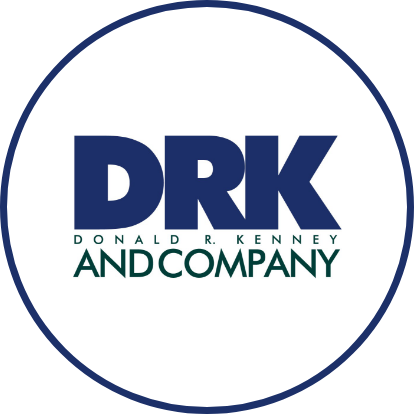A strong lease agreement will mean a lot for your business.
An ideal lease will keep you and your venture protected and set up for future success. Securing a lease with best-case-scenario benefits means rolling up your sleeves, reading and re-reading your lease, and being prepared to negotiate.
Here are five tips to keep in mind when negotiating a commercial lease for your office space.

Review the Lease Length
After you’ve found a location you’re serious about leasing and received your paperwork, the first order of business will be to determine the length of time you’ll be staying in your new office space. There’s no ideal lease length that suits every tenant, so your agreement will need to reflect your circumstances and needs.
Are you running a small business and want flexibility as you grow? A lease of one to two years with the option to renew might be the best fit. Are you looking to take advantage of a specific area and establish yourself against competition? A longer lease might be more beneficial. This is particularly helpful if you’re running a restaurant or another location-specific business.
Evaluate Repairs & Maintenance Clauses
Reading the fine print can help save you money, especially where maintenance is concerned. More often than not, lease agreements include a clause that states your property must be restored to its original condition prior to the end of your term. This is where negotiation comes in handy.
If you’re able, it’s recommended that you negotiate this clause to exclude ordinary wear and tear, landlord-approved alterations, and damage that wasn’t your fault. This includes natural disasters, fires and floods.
Compare Rates by Location & Market
Before you lock anything in, it’s always beneficial to check comparable rates in your market. If a similar property is asking for a lower rate, you can speak with the landlord of your prospective property and try to negotiate a reduced number. A commercial realtor can help you get local numbers to back up your negotiations.
Check the Termination Clause
Breaking a lease due to unforeseen circumstances can get complicated. Making sure that you’re protected in your lease agreement can save you from legal trouble should you need to break your contract.
Lease termination penalties can be negotiated with your landlord, as can clauses relating to defaulting on your lease. You can ask for reduced fees, extra time to pay any money owed, and other protections that will allow you to leave the property with a minimal hit to your finances.
Look for Hidden Fees
Any contract comes with the risk of hidden fees, and commercial office leases are no exception. If your lease is a “gross lease,” all costs (mostly pertaining to rent) should be included and visible to you. A “net lease” includes additional fees for maintenance, upkeep, building improvements and other aspects of building ownership.
Be sure to read through all these extra fees and ask for any details before making any final decisions. You can also negotiate these fees and possibly get them reduced or removed.
Should I Hire a Commercial Lease Lawyer?
The answer is short and sweet: yes. Real estate brokers are great to have in your corner, but they’re not attorneys. Hiring a commercial lease lawyer will benefit you by:
- Bringing experience to the table
- Saving you time, money and energy
- Preventing possible legal trouble
- Protecting your business interests
- Verifying that your lease deal benefits you in any way it can
Columbus, OH Tenant Representation
Ready to lease the office space of your dreams? The tenant representatives at DRK are here to answer your questions, give you feedback, and make sure you get the best deal as you negotiate your new lease.
Take a look at the lease-ready rental properties available in the Columbus, Ohio, area right here.
Until next time,








